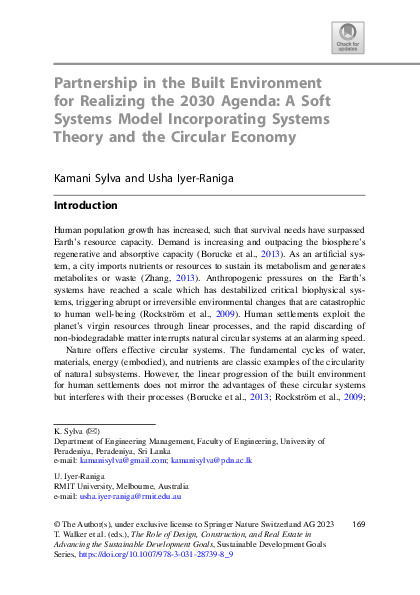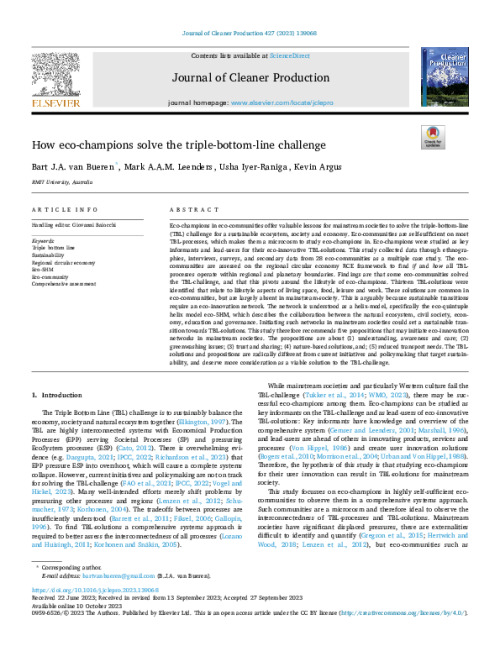Inclusive and resilient shelter guide: accounting for the needs of informal settlements in Solomon Islands
This paper aims to highlight the localised shelter solutions to fulfil adequate and disaster resilient housing needs of urban informal settlers of Honiara, the capital city of Solomon Islands, in a way that is sensitive to their unique challenges, values and aspirations, is gender- and disability-inclusive, and considers housing from the complete lifecycle of a disaster (pre-, during- and post-). There are many implications of this research. Since the publication of the Shelter Guide, there is excitement among most humanitarian and development agencies, government authorities and the local communities in Honiara. The Guide forms the first step in contributing to identified needs and strengthening community capacities to self-build, self-recover or self-retrofit one’s house based on their own choice of materials, design, social and economic circumstance. However, it provides one of the three elements identified as needs by the communities, as i) technical guidance, and a kit-of parts for multi-hazard safe housing, ii) financial and economic assistance and iii) a political voice or being supported and heard by the government. The research team are working with the same five urban informal communities in 2022–2023 to develop and operationalise local disaster plans (in partnership with local non-government organisations), capacity-building activities and translation of the Shelter Guide into technical posters (for local builders) and graphic novel in local pidgin language, as part of the Climate Resilient Honiara project (funded by the United Nations framework convention on climate change (UNFCCC) Adaptation fund and administered by UN-Habitat). In the longer term it would be worth evaluating the practical implications of the Guide or to examine whether the proposed socio-technical and governance guidance will find roots in the local culture.
Professor Usha Iyer-Raniga is at the School of Property and Construction Management at RMIT University. Usha is co-leading the One Planet Network’s Sustainable Buildings and Construction Programme (SBC), United Nations 10 Year Framework of Programmes on Sustainable Consumption and Production (UN 10FYP SCP) aligned with Sustainable Development Goal 12, as well as the newly formed Integrated Platform for Circular Economy, Climate Resilience, and Energy. This project and research are directly related to the work of the UN OPN SBC programme.


